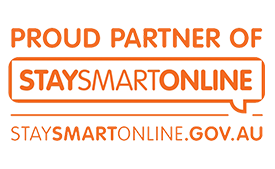This morning some of our clients experienced a new hacker attack via LinkedIn. The example below is specific but it will evolve quickly into different messages. Please read carefully to avoid the trap and falling a victim.
After opening a LinkedIn page, you may notice a new message in your inbox from someone you know, potentially a group message inviting you to view an investment document via Google Drive. As you can see from the screenshot below, you are part of a group message with several other contacts (46 in this case) receiving this scam. To make their phishing attack more believable, notice there is a follow up incoming message from another of your LinkedIn connections saying: “Very interesting document, thanks for sending this to me, I advise all to view as well.”

One of our clients used BankVault to test the link – allowing them to inspect the document without risk of infecting their own machine. BankVault builds a unique virtual machine which is immune to virus’s and even if it somehow became infected the machine is completely separate from the local PC device and evaporates completely when finished. It doesn’t even matter if the BankVault environment became infected because afterwards the virtual machine evaporates completely.
In this particular attack was targeted to steal your Gmail account login details. It took you to a Google Gmail login page but it was actually just a look-alike page. The browser URL address was not Google. For those who don’t check the URL and swallow the bait, the hackers now start the process of stealing your identity. They can quickly gain full access to all information stored in your email account and with that launch out to take over everything. Think about all the things you’ve been emailing about past few years…(Still sending login and passwords via email, stop that now!)

Even BankVault can’t stop you falling for a basic Phishing attack like this where you willingly give up your login and password. It helps to stay alert and keep a healthy suspicious nature when it comes to clicking links people have sent you. Remember, when it comes to your PC security and sensitive data, it’s always better to be safe, than sorry. Thankfully services like BankVault mitigate the risk but you still need to remain mindful of what you choose to click on.
Feel free to ask any questions you may have or share your stories with us at info@bankvaultonline.com.
~ Stay informed. Be safe.


